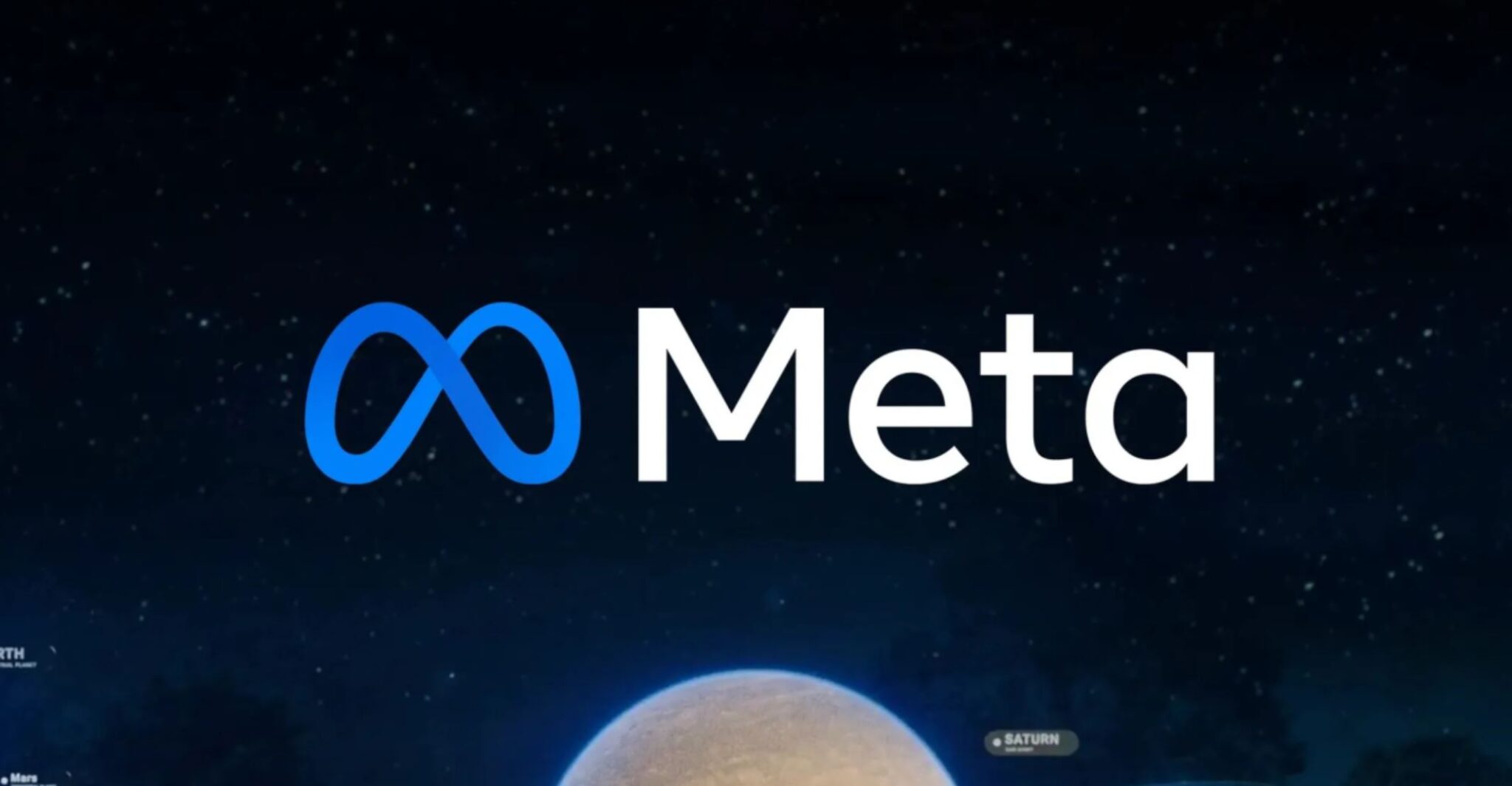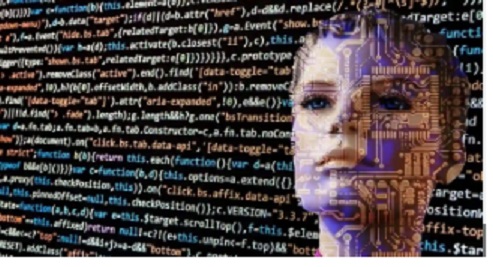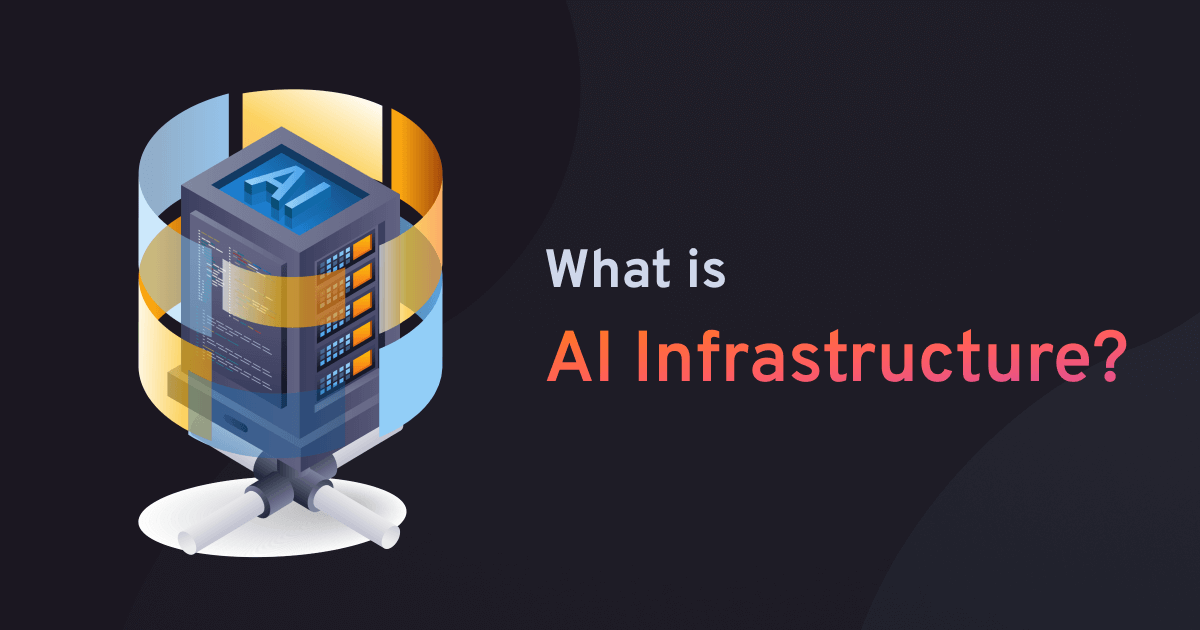Stories you may like
What Is the IQ of Artificial Intelligence
The concept of IQ, or intelligence quotient, has traditionally been used to measure human cognitive abilities such as reasoning, problem-solving, and understanding complex ideas. But as artificial intelligence advances rapidly, a fascinating question arises: what is the IQ of AI? Can machines be assessed by the same standards as humans? And if so, how do the smartest AI models compare to human intelligence?
Artificial intelligence systems today, including popular models like ChatGPT-4, Claude-4, and Gemini, demonstrate remarkable progress in performing complex tasks, interpreting patterns, and responding to IQ questions. Yet, quantifying their intelligence in the traditional sense of IQ tests presents unique challenges. This article examines the idea of IQ in AI, explores how these models operate, and discusses what it really means for an AI to be “smart.”
1. Understanding IQ: Human Intelligence Vs AI Intelligence
The traditional IQ test is designed to measure specific cognitive abilities like reasoning, verbal comprehension, mathematical skills, and spatial recognition. Scores are standardized, with an average human IQ set at 100, and a score above 140 indicating a high IQ or gifted intelligence.
Human IQ reflects an individual’s ability to learn from experience, solve novel problems, and adapt to new situations. Tests like the Mensa IQ test or the Norway Mensa test are widely used to gauge intellectual potential. However, these assessments are tailored for human cognition and do not translate directly to machines.
Artificial intelligence, by contrast, learns from vast amounts of training data and identifies patterns in data using statistical and computational methods. AI systems like GPT-4o or o3 model are optimized to perform specific tasks—such as generating text, recognizing images, or answering questions—rather than exhibiting general intelligence comparable to humans.
2. Measuring The IQ Of AI: Challenges And Attempts
Unlike humans, AI models do not possess self-awareness or human cognition. They operate on data-driven algorithms designed to optimize performance for particular objectives. This makes applying IQ tests to AI problematic:
- IQ tests are designed for biological brains and measure abilities like emotional understanding or creativity, areas where AI currently falls short.
- AI excels at pattern recognition and processing massive volumes of data but does not “understand” information like a person.
- Different AI models specialize in different skills; some may perform well on linguistic tasks, while others excel at visual recognition.
Nevertheless, researchers have devised offline tests to approximate AI intelligence by running AI systems through traditional IQ questions. Some studies show that advanced multimodal AI models, such as Gemini advanced and OpenAI’s ChatGPT-4, can outperform the average human on specific verbal or mathematical IQ questions, scoring near or above the 120–140 IQ range.
3. Smartest AI: What Are The Top Performers Achieving?
Models like ChatGPT-4o, Claude-4, and Gemini represent some of the smartest AI systems available. These large language models (LLMs) are trained on billions of text samples and can:
- Solve complex puzzles and problems using logical inference
- Generate creative, human-like text responses
- Recognize patterns across multiple modalities, such as images and text, in multimodal AI frameworks
- Adapt and respond flexibly to new prompts
Some AI researchers argue that these AI systems exhibit a form of general intelligence, especially as they can perform multiple tasks like reasoning, answering IQ questions, and even mimicking human conversation fluently.
However, it’s important to note that the IQ score of AI is not static—it varies depending on the task, test format, and model version. While some models achieve high IQ-equivalent performance on standardized questions, others struggle outside their training domains.
4. The Meaning Of AI Progress And Future Directions
The ongoing AI progress is marked by continuous improvements in AI’s ability to:
- Process multimodal inputs (text, image, speech)
- Learn autonomously from fewer examples
- Generalize knowledge across domains, approaching human-like cognition
Future AI systems, including generative AI models, aim to surpass current limitations by integrating more robust reasoning and understanding complex ideas beyond data patterns. Models like Gemini are pushing boundaries with advanced architectures designed to mimic aspects of human thought.
Still, AI IQ in the traditional sense remains a metaphor rather than a strict measurement. Unlike human intelligence, AI is designed and optimized for particular applications, lacking emotions, consciousness, and self-reflection.
Conclusion
The question “What is the IQ of artificial intelligence?” touches on the profound differences between human intelligence and machine intelligence. While AI models such as ChatGPT, Claude-4, and Gemini can perform impressively on IQ tests and certain cognitive tasks—sometimes even surpassing the average human—they do so by leveraging vast training data and pattern recognition, not true understanding or consciousness.
As AI continues to evolve with advances in multimodal systems and generative AI, its problem-solving and reasoning skills will improve, further blurring the lines between artificial and natural intelligence. However, measuring AI’s IQ by human standards remains an imperfect analogy.
Ultimately, the smartest AI today reflects a remarkable achievement in technology but operates fundamentally differently than the human mind. This distinction highlights both the power and the limits of AI as a tool designed to augment human capabilities rather than replace human cognition.







User's Comments
No comments there.